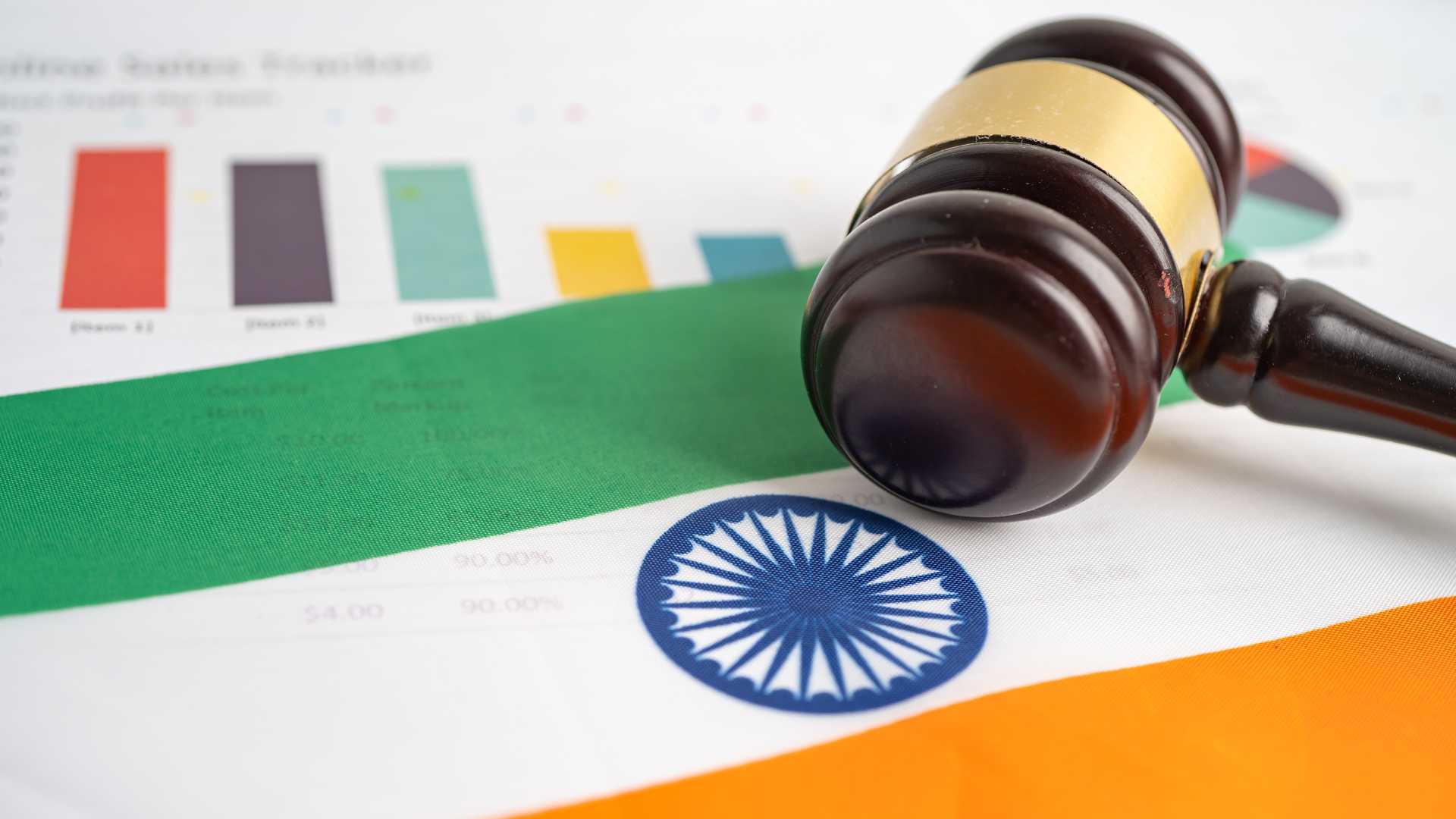![]()
Make in India Certificate
In September 2014, the Indian government launched the ambitious “Make in India” campaign to transform the country into a global manufacturing hub. This initiative aimed to boost domestic production and attract foreign investments to facilitate economic growth and job creation. As part of this initiative, the Make in India Certificate was introduced, which is pivotal in encouraging domestic and international manufacturers to produce in India. This article delves into the Make in India Certificate, its significance, the application process, and its impact on India’s manufacturing sector.
-
Make in India: The Vision
The Make in India campaign was conceptualized to make India a global manufacturing powerhouse. The goal was to revitalize the country’s manufacturing sector, create millions of jobs, and promote the ease of business in India. The campaign highlighted 25 key sectors to transform them into world-class manufacturing hubs, including automobiles, defence, electronics, textiles, and more. These sectors were chosen based on their potential to drive economic growth, employment generation, and technological advancement.
-
The Birth of the Make in India Certificate
One of the pivotal components of the Make in India campaign is the Make in India Certificate. This certificate serves as a recognition of a manufacturer’s commitment to producing goods within the country. It instils confidence among consumers and investors regarding products’ origin and production quality. The certificate also incentivizes manufacturers to prioritize domestic production and promote self-reliance.
-
Significance of the Make in India Certificate
The Make in India Certificate holds significant importance for various stakeholders:
a. Manufacturers: For Indian manufacturers, obtaining the Make in India Certificate provides them with a competitive edge. It assures customers and investors that the products are made in India, adhering to quality and standards set by the government.
b. Consumers: The certificate empowers consumers by providing them with information about the origin of the products they purchase. It allows them to make informed decisions and support domestic industries.
c. Investors: International and domestic investors view the Make in India Certificate as a signal of government support and an attractive investment opportunity. It offers a sense of security by indicating the manufacturer’s commitment to producing in India.
d. Government: The certificate contributes to the government’s larger goal of boosting domestic production, creating jobs, and attracting foreign investments. It is a tool to monitor the progress of the Make in India campaign.
-
The Application Process
Obtaining a Make in India Certificate involves a straightforward application process:
a. Eligibility: Manufacturers eligible for the certificate should comply with the government’s guidelines on domestic production and quality standards.
b. Registration: Manufacturers need to register on the official Make in India portal and provide the necessary information, including details about their manufacturing units, products, and compliance with Indian standards.
c. Evaluation: After registration, the government authorities evaluate the manufacturing unit and the product. The assessment includes an inspection of the facility, quality control processes, and compliance with environmental standards.
d. Approval: Once the evaluation is complete and the manufacturer meets all the criteria, they receive the Make in India Certificate.
-
Impact on India’s Manufacturing Sector
The Make in India Certificate has had a significant impact on India’s manufacturing sector since its inception. Here are some of the notable outcomes:
a. Economic Growth: The initiative has contributed to the growth of India’s manufacturing sector, leading to a more diverse and robust economy. It has created job opportunities and increased the country’s GDP.
b. Attracting Foreign Investment: The Make in India Certificate has made India an attractive destination for foreign investors looking to establish manufacturing units. It has played a key role in increasing foreign direct investment in the country.
c. Promoting Self-Reliance: By encouraging domestic production, the certificate supports India’s goal of reducing its dependency on imported goods. This self-reliance is particularly important for critical sectors such as defence and healthcare.
d. Quality Assurance: The certificate ensures that products manufactured in India meet specific quality and safety standards. This has led to improvements in product quality and safety across various industries.
e. Enhanced Global Competitiveness: Indian manufacturers with the Make in India Certificate are better positioned to compete on a global scale. This has enabled them to explore international markets and expand their businesses.
-
Challenges and Criticisms
While the Make in India Certificate has been largely successful, it has faced some challenges and criticisms:
a. Bureaucratic Hurdles: Some manufacturers have reported bureaucratic red tape and delays in the application process, which can deter potential applicants.
b. Implementation Issues: Ensuring that manufacturers continue to meet the quality and production standards outlined in the certificate can be a challenge.
c. Limited Scope: The certificate primarily focuses on manufacturing and does not cover services, which are also a significant part of the Indian economy.
d. Regional Disparities: The impact of the Make in India initiative has not been uniform across all states in India, with some regions benefitting more than others.
Success Stories
Several companies have successfully obtained the Make in India Certificate and have become emblematic of the initiative’s success. One such example is the Indian automobile manufacturer Tata Motors, which has received widespread recognition for its commitment to domestic production and contributions to the automotive sector.
Conclusion
The Make in India Certificate is a pivotal component of the broader Make in India campaign, which seeks to transform India into a global manufacturing hub. It promotes domestic production, attracts foreign investments, and assures consumers and investors of the origin and quality of products. While the initiative has significantly revitalised India’s manufacturing sector, challenges and criticisms exist. The certificate’s impact on the country’s economic growth, self-reliance, and global competitiveness is undeniable. As the initiative continues to evolve, it remains a beacon of India’s commitment to becoming a manufacturing superpower on the global stage.





